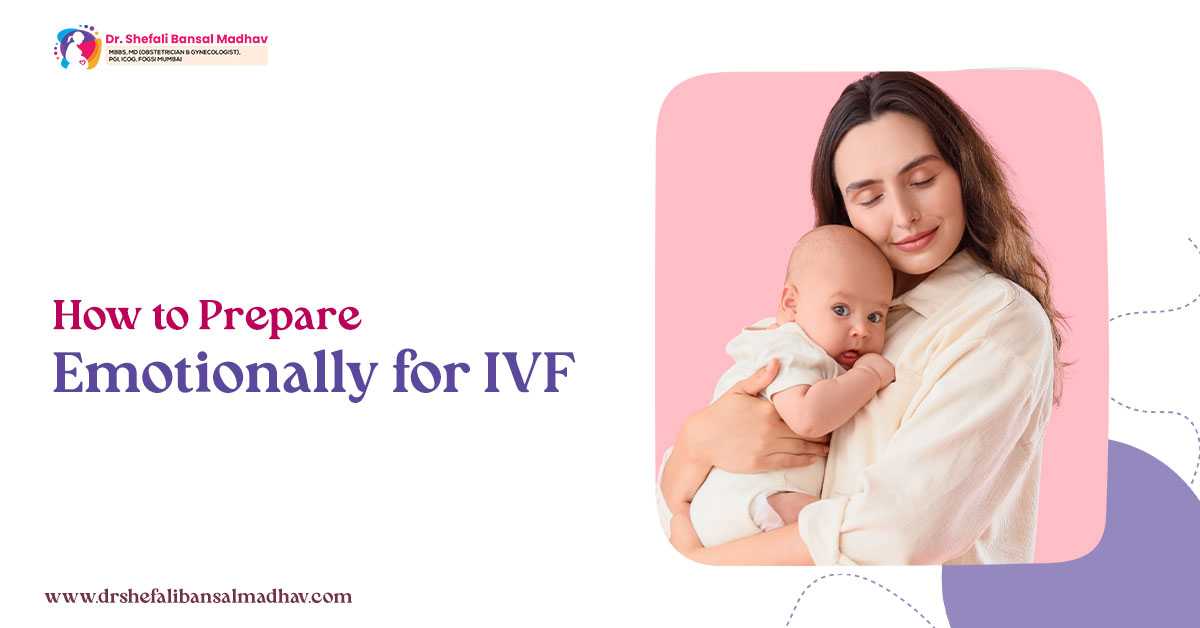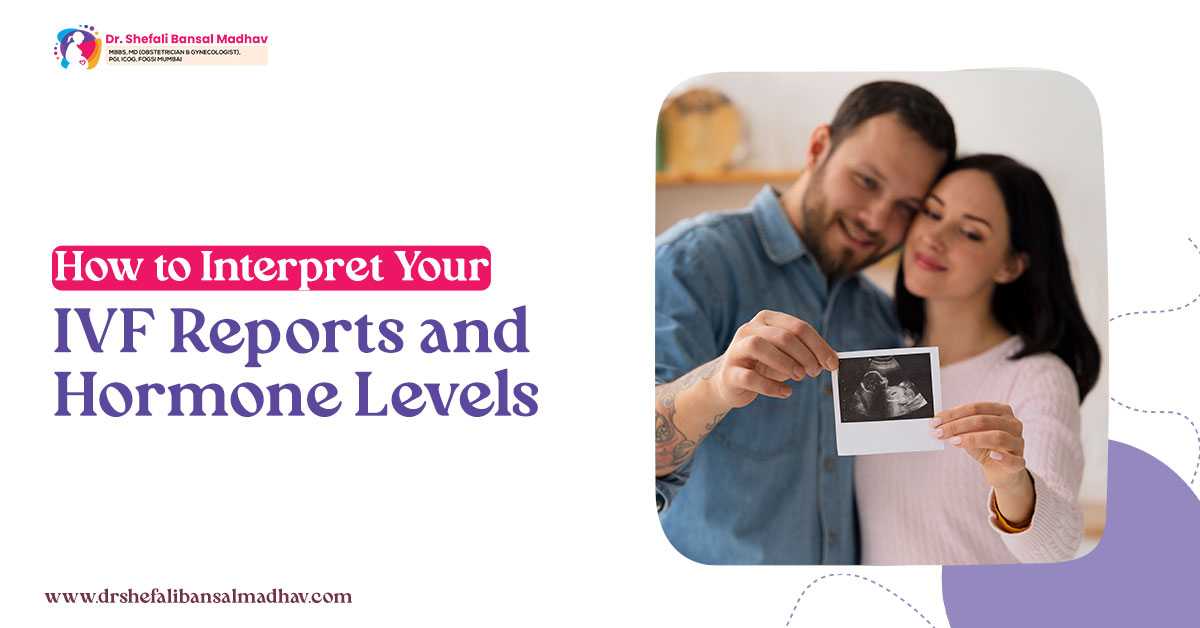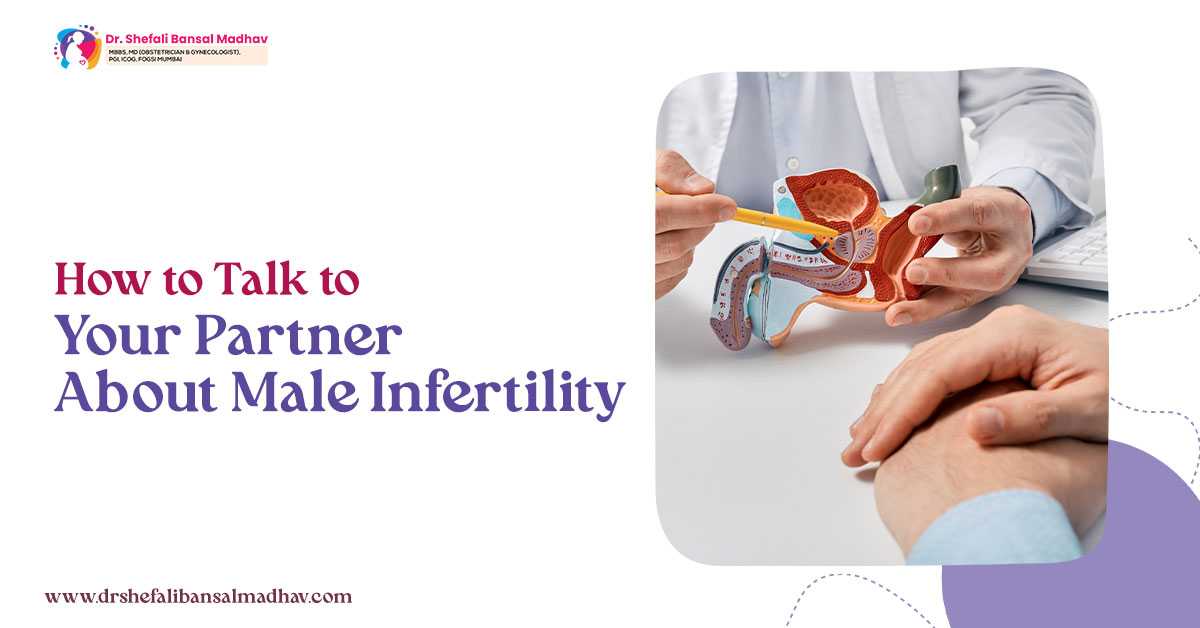A fine balance of hormones in the body controls ovulation, the process by which the ovary releases a mature egg. But stress can make this hormonal delicacy break or out of balance. Today, stress has practically become a given.
Chronic stress, whether it comes from personal struggles, work-related stress, or just the day-to-day grind, may have tough effects on our bodies. In women, stress can cause ovulation delay.
Without ovulation, it is not possible for a couple to conceive. For comprehensive support and care, meet the best infertility specialist in Siliguri or at your nearest location.
This blog exclusively talks about the connection between stress and ovulation issues. Have a read.
What is the Role of Hormones in Ovulation?
Hormones interact delicately to manage the complex process of ovulation. Follicle-stimulating hormone (FSH) and luteinizing hormone (LH) are released by the pituitary gland in response to gonadotropin-releasing hormone (GnRH), which is produced by the brain's hypothalamus.
The growth and release of eggs from the ovaries are controlled by these hormones’ however, stress can cause trouble to this process on several levels.Let’s know how it does:
Stress and Ovulation: The Science
Impact on GnRH Secretion
Increases in cortisol (stress hormone) brought on by stress can suppress GnRH release in the body, which may interfere with the production of FSH and LH hormones. Anovulation, or the lack of ovulation, or irregular menstrual periods can result from ovulation being delayed or suppressed completely due to poor amounts of GnRH secretion.
Cortisol’s Role
Progesterone and oestrogen, the main hormones in charge of controlling the menstrual cycles, might be affected by high cortisol levels. This imbalance may cause the ovulatory process to be further disrupted and make pregnancy challenging.
So, if you have too much stress and you notice delayed periods every month or more often, consult your gynecologist today. You can consult the top gynecologist or the best infertility specialist in Siliguri for stress-related ovulation problems.
Prolactin Levels
Additionally, stress can raise prolactin levels. This hormone can prevent ovulation when they are extremely high in your body. Conditions like stress-induced hyperprolactinemia, which can lead to infertility in women, are frequently linked to high prolactin levels in women.
Knowing the Signs of Stress-Related Ovulation Issues
The first step in treating the problem is identifying the symptoms of stress-induced ovulation disruption. Here are the common signs and symptoms to watch for:
- Missed or irregular periods
- Variations in menstruation flow (heavier or lighter than normal)
- Ovulation prediction is challenging, even with ovulation tracking techniques.
- The hormonal changes brought on by stress may cause symptoms like mood swings and exhaustion.
How Stress Can Affect Your Body
It’s our body's natural reaction to perceived dangers - stress. The hypothalamic-pituitary-adrenal (HPA) axis is triggered by stressful situations, which is natural. This causes the body to release chemicals including cortisol and adrenaline.
And, in brief episodes, this "fight or flight" reaction may save a life, but long-term stress keeps the HPA axis active. This situationcan cause hormone imbalances responsible for trouble conceiving.
If you suspect that stress is the reason for your ovulation or menstrual troubles, consult your healthcare provider without delay. Your gynecologist will diagnose and offer lifestyle changes, stress management techniques, or, in some cases, medical treatments to heal your hormonal imbalance and ovulation problems. Visit the most trusted infertility specialist in Siliguri City today.







